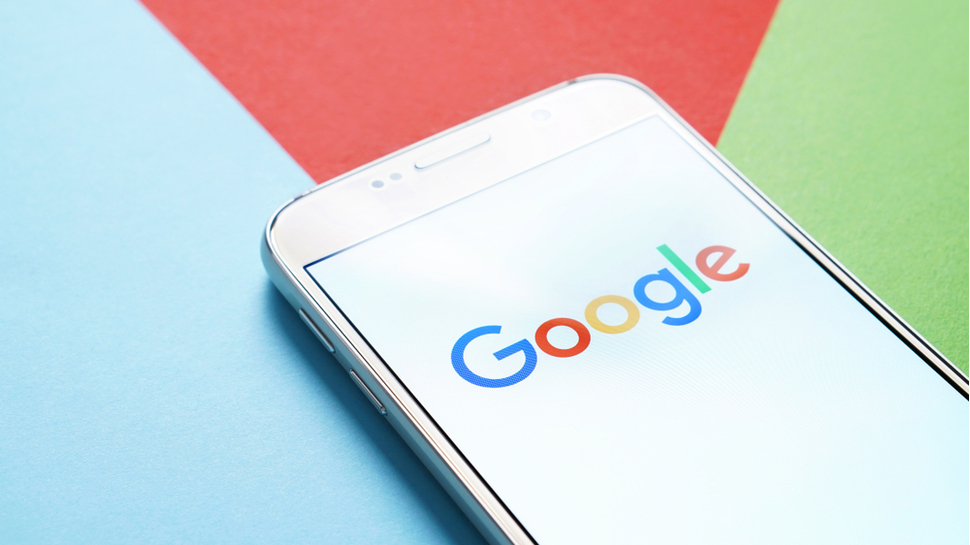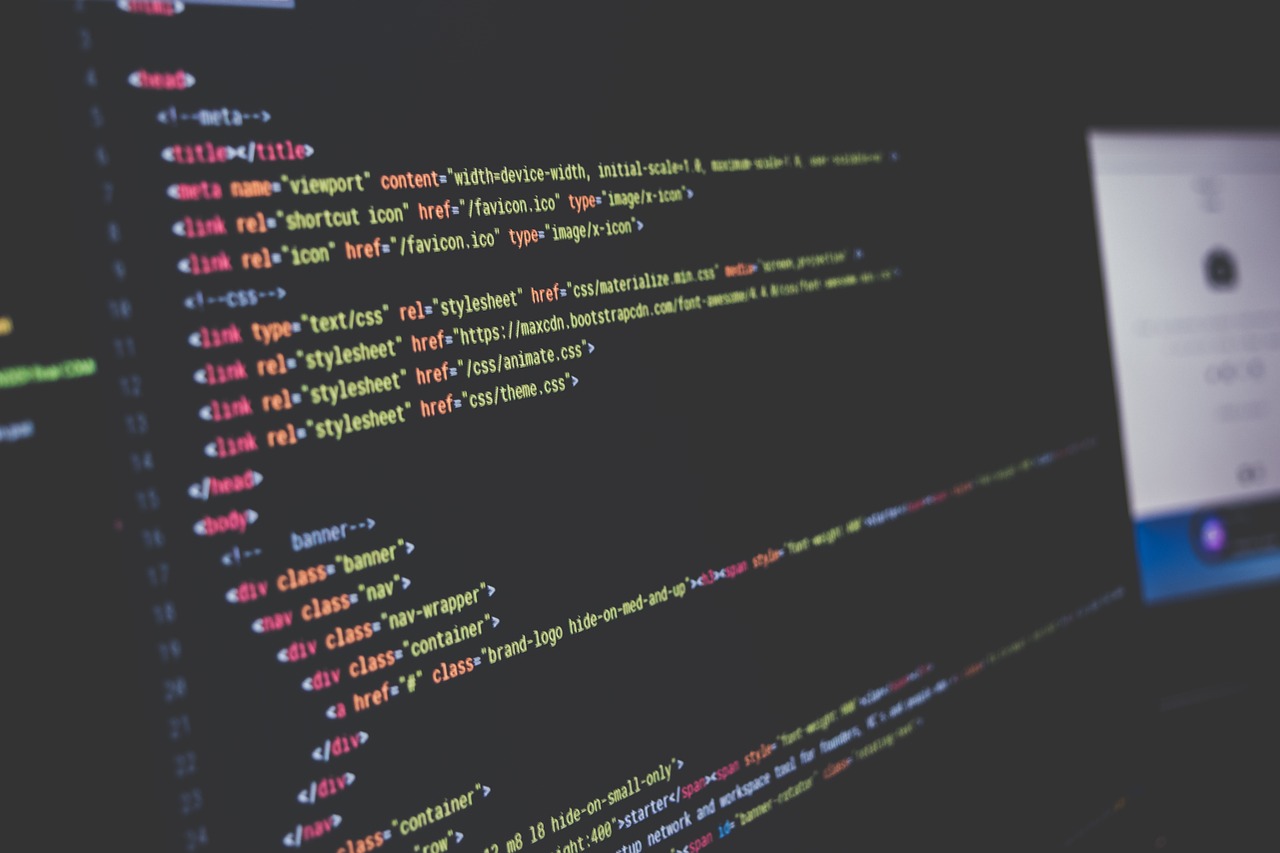US Supreme Court backs Google over Oracle in billion-dollar court case
Oracle cites ruling as another example of “monopolist” Google getting off despite wrongdoing

The US Supreme Court has ruled in favor of Google in its ten-year, billion-dollar lawsuit battle with Oracle, labeling its limited copying of the latter's Java API for Android as fair use.
Oracle had originally filed against Google in 2010, claiming copyright and patent infringement for Google's use of Java APIs in Android - but the court has said the online search giant acted fairly.
“Google’s copying of the API to reimplement a user interface, taking only what was needed to allow users to put their accrued talents to work in a new and transformative program, constituted a fair use of that material,” the Supreme Court ruled in a 6-2 majority opinion.
- Here's our pick of the best business smartphones around
- Learn to code for the web with the best JavaScript courses
- And here are the best developer distros
APIs are different
The ruling sets a precedent for the entire software industry as it narrows the scope of copyright law as it applies to software, and is equally significant as it concludes that APIs are different from other kinds of computer programs.
In his opinion, Justice Stephen Breyer argued that unlike many other computer programs, the real value in the copied lines came from developers in the Android ecosystem - rather than the actual operations of the program.
Google used the API to let Java programmers build Android apps, which the court declared is a fundamentally transformative use.
“Google copied only what was needed to allow programmers to work in a different computing environment without discarding a portion of a familiar programming language. Google’s purpose was to create a different task-related system for a different computing environment (smartphones) and to create a platform — the Android platform — that would help achieve and popularize that objective,” reasoned Justice Breyer.
Are you a pro? Subscribe to our newsletter
Sign up to the TechRadar Pro newsletter to get all the top news, opinion, features and guidance your business needs to succeed!
Trials and tribulations
The ruling also puts an end to a legal battle that’s been ongoing for more than a decade.
A US District Court in 2012 dismissed the patent claims in Oracle's original 2010 lawsuit and also ruled that its Java APIs did not qualify for copyright protection. This decision was overturned by the Court of Appeals in 2014, prompting Google to call on the Supreme Court, which refused to entertain its petition.
Once APIs were deemed copyrightable, a new trial was held to determine whether Google's use of Oracle's Java API could be excused as fair use since Google developed the APIs independently.
Even as Oracle claimed that the reimplementation of 37 APIs and 11,500 lines of code in Android constituted a copyright violation, a jury in 2016 found it to be fair use.

Oracle appealed the decision once again, and again the appeals court reversed the decision, in 2018, citing that Android’s implementation of the Java APIs didn't meet the four legal criteria for fair use.
This again prompted Google to call on the Supreme Court in 2019, which accepted its decision this time. Yesterday six justices sided with Google, while two objected, and one abstained from taking part in the decision.
As is to be expected, Oracle has criticized the ruling, calling it another example of Google’s overbearing position in the technology industry.
“They stole Java and spent a decade litigating as only a monopolist can. This behavior is exactly why regulatory authorities around the world and in the United States are examining Google’s business practices,” said general counsel and executive vice president Dorian Daley in a statement.
- Learn to program for the web with one of these best HTML courses
Via: The Verge
With almost two decades of writing and reporting on Linux, Mayank Sharma would like everyone to think he’s TechRadar Pro’s expert on the topic. Of course, he’s just as interested in other computing topics, particularly cybersecurity, cloud, containers, and coding.
